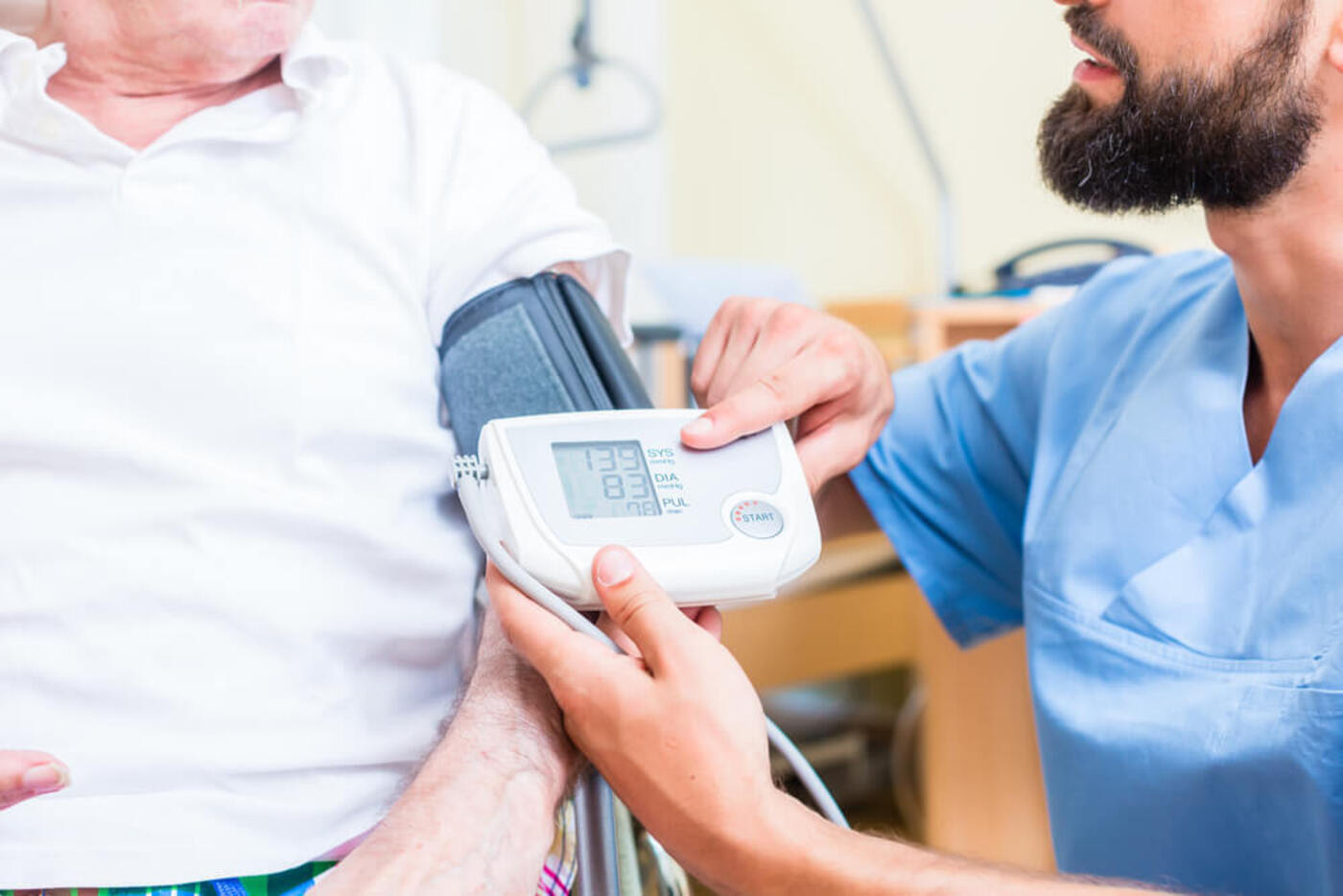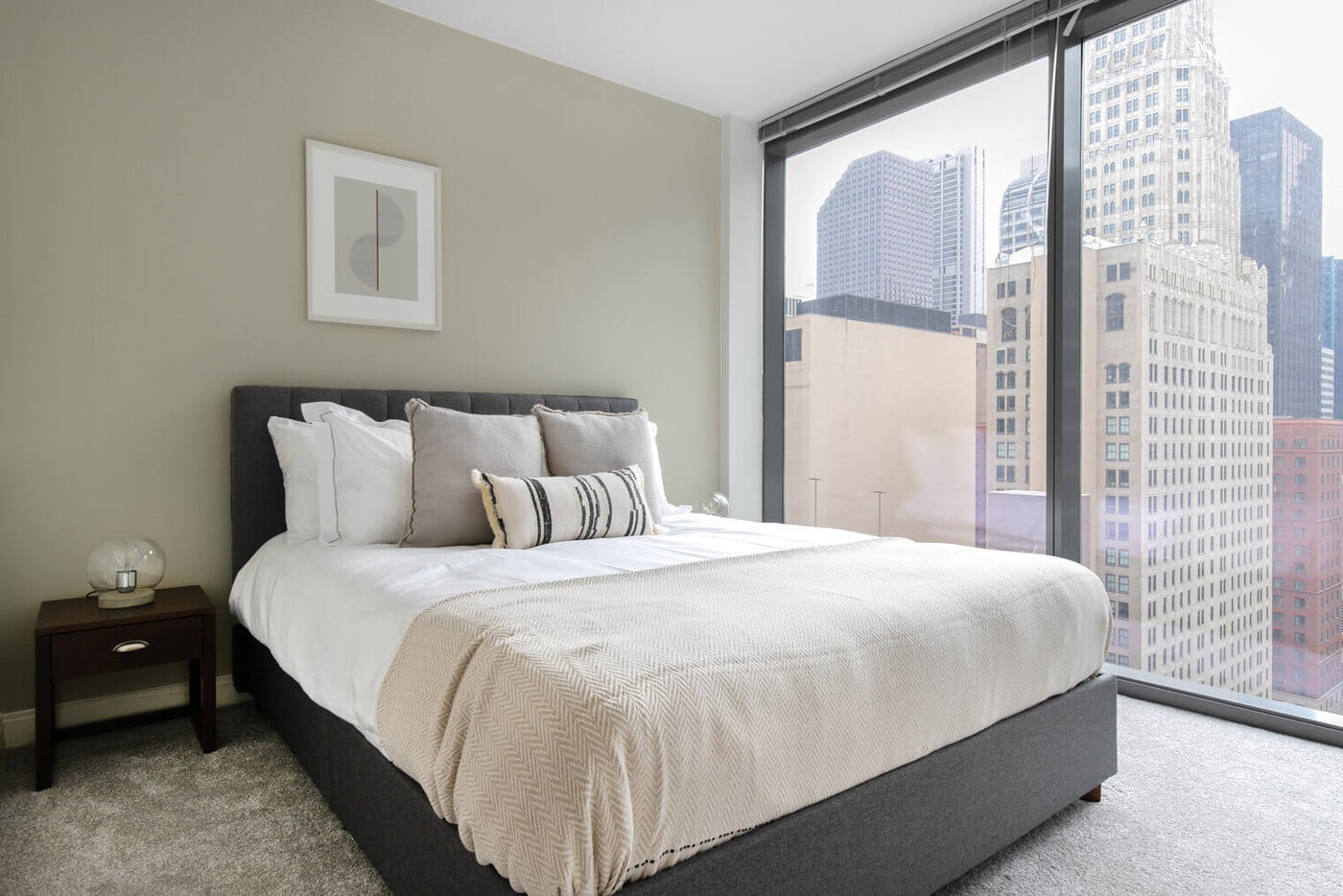Flexible housing needs for today’s travel nurse
Travel nurses are an integral part of our healthcare system, find out which housing is best suited to this fast-paced and rewarding career.

The life of a travel nurse can put you on the frontline of heightened community demand. Especially in times of pandemic, natural disaster, strike, or an unforeseen patient influx. You are a reservist ready to head into battles wherever a population needs you the most.
All in all, the rewarding feeling of supporting people at their most needing hour is unmatched. Especially as a travel nurse, that means being the first one to throw yourself into a rapid response situation and relocating at a moment’s notice.
Logistics, including where to stay as a travel nurse, are an essential part of your success as a travel nurse.
With that in mind, we’ve highlighted what options you have at hand for travel nurse housing, and where to find the ideal accommodation type that best suits your needs.
Finally, we’ve assembled a packing list so your grab bag is ready to go when you are, too!

Why the right travel nurse housing matters
It’s a tall order to serve the most vulnerable, and your success in providing top care rests on you feeling confident in your new environment. Travel nurses pull incredibly long shifts that require physical stamina and mental presence.
They are also on-call in a wholly new environment with a new team, hospital layout, and new home city they’re arriving in for the first time.

Your travel nurse housing options are varied, and you’ll need to consider a variety of factors before booking your accommodation.
Firstly, you’ll want to ensure that your apartment, hotel, Airbnb, or corporate housing options guarantee that you’ll be well-rested for the long haul. That means a location near your hospital or clinic, with a specific room away from street noise and light (for those sleeping during daylight hours).
All in all, your accommodation should allow you to jump straight into work without being held down by furnishing needs, nor hindered by your host’s schedule for access to your space.
You’ll also want to be set up for convenience & a quick turn-around by having cleaning services available and laundry facilities on hand at the last minute.
Pain points faced by travel nurses
-
- A high-stress work environment
- Independent, and sometimes isolating, work as a hospital contractor
- Limited access to visiting or inspecting apartments beforehand
- A short-term rental and a temporary housing market that isn’t suited to the needs of the job
What are your options for travel nurse housing?
Contracted nurses, crisis control nurses, and traveling medical professionals have a limited number of housing options outside of year-long leases. Even after securing a month-to-month rental contract, they often find themselves in a form of housing limbo given the open-mindedness of assignments.
Extensions or early terminations come at the last minute, while landlords and property management companies stay inflexible. An erratic schedule means that roommates are a no-go if either of you are light sleepers, or enjoy listening to music or the TV unhindered.
Here are some of the most common housing setups that nurses arrange on their own, or through a travel nurse agency:
Sublets
Sublets near hospitals are an option for some travel nurses. They come furnished, and allow you to sign for less than a year, like a student sublet over the summer.
On the other hand, though they do come furnished, the furniture and appliances are often well worn, or from two decades ago.
Additional challenges may include:
-
- Inability to negotiate with leaseholder given fixed & inflexible terms
- Concerns around legality of the apartment since subletting can be prohibited by many leases, and further restricted for basement apartments, rent-controlled buildings, co-ops and condos
- Awkward and non-flexible start and end dates
- Barebone amenities that may mean trips to the laundromat, or setting up your own Internet package
Hotels
Eloise at the Plaza, Zach and Cody — don’t we all dream of living in a hotel?
Travel nurses do sometimes find themselves resorting to extended-stay hotels, though most often those are booked based on proximity to their hospital and budgetary limitations.
Depending on the hotel, you may have access to a swimming pool, room service, and the chance to collect travel loyalty miles that you can redeem on your own trips — because we know the travel nurse lifestyle also includes a few treat-yourself!
While there is the benefit of being able to book online and shop by price using comparison sites, options are few and far between:
-
- Almost all rates are cost-prohibitive and not in line with a travel nurse’s needs and budgetary parameters
- Daily cleaning can feel obtrusive, unsafe when it comes to one’s personal belongings, and perks like room service aren’t feasible or needed from a cost perspective
- Spaces can feel confining with one room hard enough to feel ‘at home,’ while the lack of private & on-site laundry and kitchen facilities makes every day needs a challenge
- Availability is at the mercy of high season, conferences, natural disasters, or Shelter in Place circumstances
Renting furnished through Blueground
Renting furnished apartments with Blueground, on the other hand. The company is a fully-furnished and equipped rental provider working with a global portfolio of renowned property management companies and vetted clients (“guests”). They provide ideal solutions that allow for a hassle-free moving, renting and living experience for all.
As a real estate technology firm that’s reimagined what renting in major cities around the world looks like for renters outside the mainstream, Blueground is proud to provide immediate and temporary apartments based on the changing needs of travel nurses, location-sensitive hospital staff, remote workers, and flexible renters across all facets.

The furnished apartment provider’s motto to “show up and start living” resonates particularly well with rapid response & crisis control nurses. They can seamlessly book their ideal studio, one- or two-bedroom apartment online before their arrival, and move into a fully-functioning, turnkey home the very next day.
All in all, Blueground works with a number of leaders in healthcare like New York’s Hospital for Special Surgery and the Boston Children’s Hospital to ensure their nurses, doctors, and specialists are accommodated nearby. The rental process is made easy through:
-
- Apartment locations within walking distance to leading hospitals and medical centers
- Flexible leases that can be extended or shortened according to your assignment
- Month-to-month leases that start at 30 days and can start or end on any given day of the week — perfect for the open-ended nature of travel nurse contracts
- On-the-ground teams to support from booking, to move-in, through to repairs and cleaning during your stay — and manageable through Blueground’s Guest App, or around-the-clock phone, email and chat-based support
- Professionally-designed spaces that feel like home (i.e., full kitchen, laundry facilities, premium toiletries, etc.), with all furniture, linens, towels, dishware and utilities up and running
- Extra premium amenities like a Marshall speaker and Smart TV, in addition to fitness centers, pools, rooftop patios and home theaters in certain buildings
- Pet-friendly apartments, with second bedrooms that can be redecorated by the team for children or roommates to cut on costs
- More affordable than a month in a downtown hotel
Resources for Travel Nurses
Even though the life of a traveling medical professional can seem lonely, there are many resources for travel nurses. The websites below are all helpful places to start if you’re looking for more information on becoming a travel nurse or continuing to evolve your expertise in the medical arena.
The National Council State Boards of Nursing has many helpful and practical suggestions, and the Gypsy Nurse Network’s resources page has an exhaustive list of links that will help you navigate your career.
TravelNursing.com maintains a frequently updated job board so that you can plan ahead, and this skills checklist can help you grow your career.
Travel Nurse Packing List
Experienced travel nurses can pack their bags in an instant and probably can do it with both eyes closed.
For the rest of us, this handy packing list for traveling medical professionals is a good base for making sure you’re ready to roll out and relocate when the call comes. This list is written with a 13-week travel nurse placement in mind.
- Government-issued ID, Social Security Card, and travel documents (tickets, directions)
- Work documents, nursing license, and other certifications
- Work bag, 4 sets of your uniform, and comfortable shoes
- Two weeks’ worth of casual clothing and footwear (adjusted for seasons and city), sleepwear, and exercise clothes
- Personal toiletries (remember the big stuff you can buy at your destination like 13 weeks’ worth of shampoo!) and “sleep aids” (i.e., night mask, earplugs, over-the-counter medication)
- Personal entertainment and laptop (if you’re a streamer, don’t forget things like an HDMI cord or Chromecast)
- Homey touches (i.e., a favorite blanket, candle, photos of friends and family)

If you’re renting unfurnished, the list is more cumbersome and challenging to navigate:
- Bed and mattress
- Bedroom and bathroom linens
- Sofa
- Kitchen table and chairs
- Dresser
- Nightstand, coffee table, side tables, TV stand
- TV and other electronic hardware
- Cable and WiFi set-up
Your work as a travel nurse is incredibly fulfilling and provides a service to society in its most pressing times. Find the accommodation type that best suits your placement, and you’ll be set up for success while on your work assignment!








